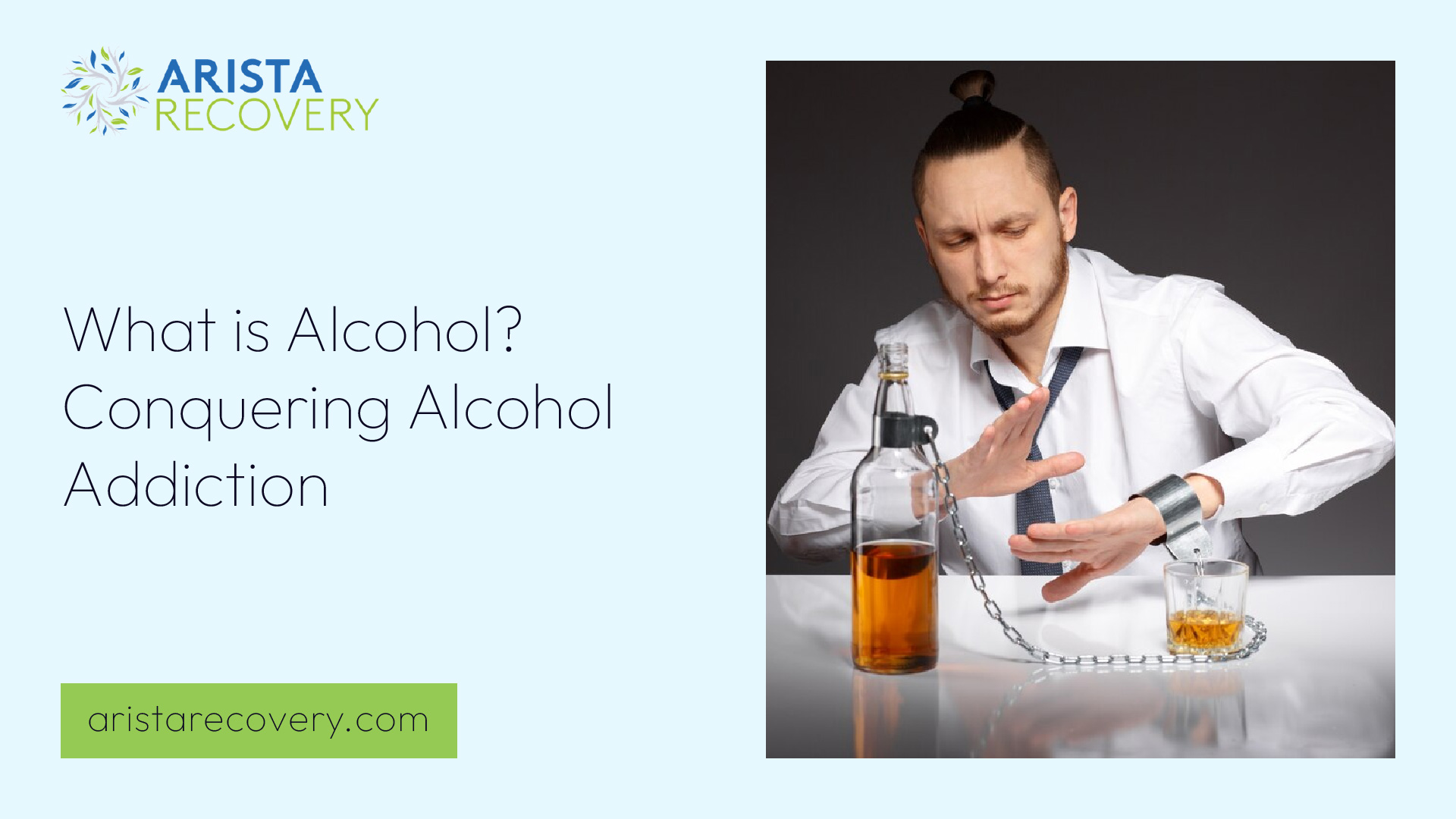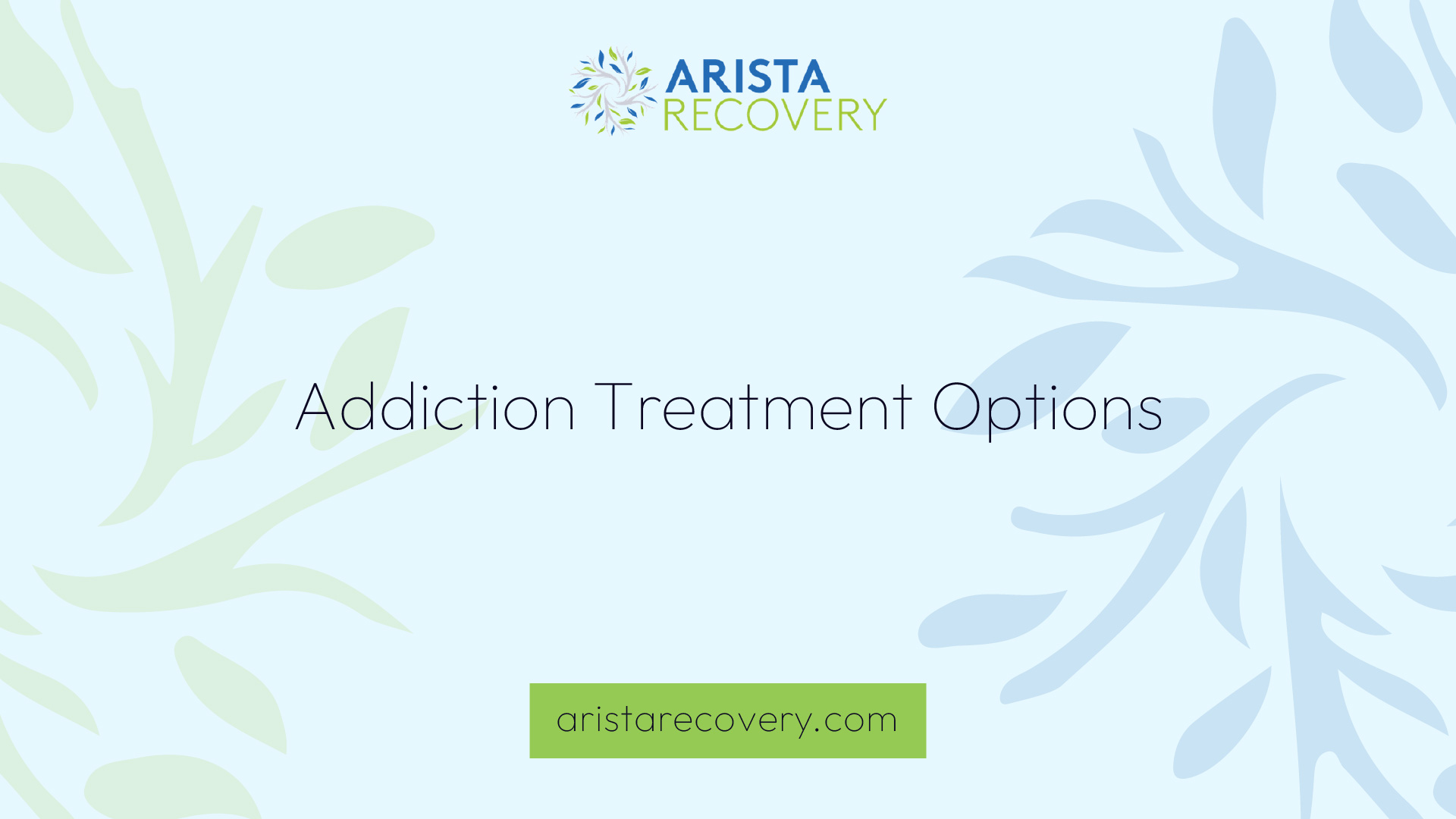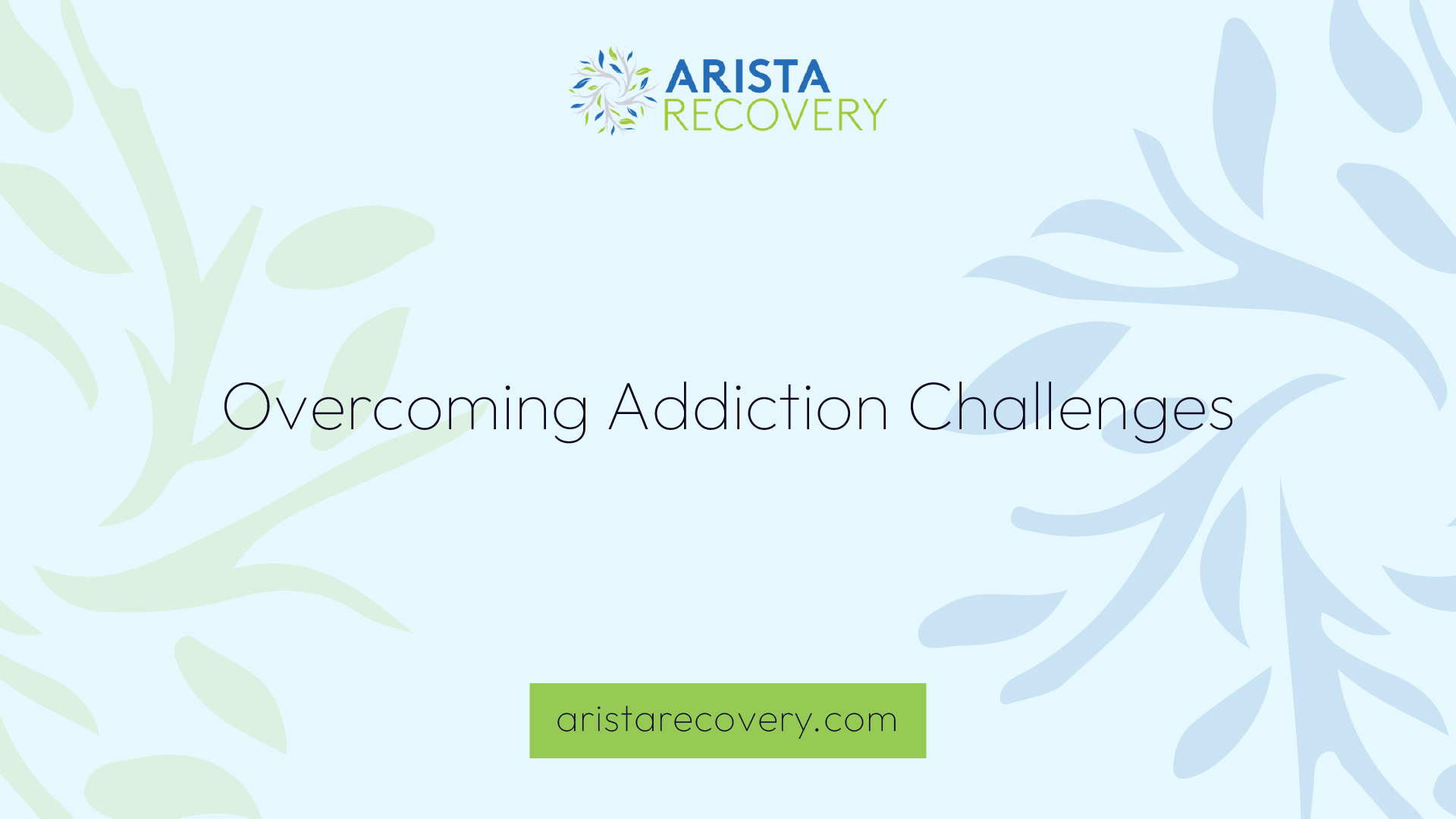What is Alcohol? Conquering Alcohol Addiction


Understanding Addiction
To gain a better understanding of addiction, it's critical to first define what addiction is and then explore the different types of addiction.
Definition of Addiction
Addiction is a complex, chronic disorder characterized by compulsive drug seeking and use, despite harmful consequences. It involves a powerful interplay between one's environment, genetics, and the substance or behavior itself, leading to an altered state that drives an individual to use substances or engage in behaviors even when they have harmful consequences (American Society of Addiction Medicine, 2019).
According to the National Institute on Drug Abuse, addiction is not just a physical issue. It also encompasses psychological, social, and behavioral aspects, all of which contribute to the development and persistence of the addiction. This understanding is crucial in differentiating between addiction and dependence.
The World Health Organization and the Substance Abuse and Mental Health Services Administration further emphasize that addiction is not a moral failing or a lack of willpower, but a serious health condition that requires professional treatment.
Types of Addiction
While alcohol and drug addictions like marijuana and naproxen are commonly recognized, there are numerous other types of addiction as well. The American Psychiatric Association and the World Health Organization define addiction as not only substance related but also behavioral.
These can include, but are not limited to, gambling addiction, internet addiction, sex addiction, and food addiction. Each type of addiction has unique symptoms and effects, but all share the common feature of continued engagement in a behavior despite negative consequences.
It's important to note that individuals can also develop co-occurring disorders, where they struggle with more than one type of addiction at the same time, or an addiction alongside a mental health condition (National Institute on Drug Abuse, 2020).
Understanding these different types of addiction empowers individuals to seek appropriate treatment and support. For more information on how to address addiction, explore stages of change or learn more about how to cleanse and detox your liver from alcohol here.
Effects of Addiction
The impact of addiction, particularly related to alcohol, can be both physical and psychological. It's crucial to understand these effects to fully grasp the severity and complexity of addiction.
Physical Effects
The physical effects of addiction can be debilitating and, in some cases, life-threatening. Prolonged alcohol use can lead to a variety of health problems. These include liver disease, cardiovascular issues, and damage to the nervous system. Alcohol can also interact dangerously with certain medications, such as naproxen [1].
Moreover, the physical dependency that develops with addiction can lead to withdrawal symptoms when alcohol use is reduced or stopped. These symptoms may include shakes, nausea, and in severe cases, seizures. It's important to note the difference between addiction and dependence, as they require different treatment approaches [2].
To reverse some of these physical effects, detoxification processes, such as a liver cleanse, can be beneficial [3].
Psychological Effects
The psychological effects of addiction are equally as significant as the physical ones. Alcohol addiction can lead to a range of mental health disorders, including depression, anxiety, and alcohol-induced psychosis. These conditions can worsen the cycle of addiction, making it even harder for individuals to seek help and break free from their addiction.
Furthermore, addiction can lead to social isolation, damaged relationships, job loss, and other life-altering consequences. It's critical to understand that addiction is a disease that affects the brain's structure and function, impacting an individual's ability to make decisions, withstand stress, and regulate their behavior.
The path to recovery often involves stages of change, and understanding these stages can be beneficial in overcoming the psychological effects of addiction [4].
In conclusion, the effects of addiction are far-reaching and can significantly impact an individual's life. However, with the right support and treatment, recovery is possible. It's important to seek help if you or someone you know is struggling with addiction. There are numerous resources available, including hotlines and treatment centers, that can provide the necessary support and guidance.

Addiction Treatment Options
One of the key steps in overcoming addiction is seeking and receiving proper treatment. There are two primary categories of treatment for alcohol addiction: therapy and medication. Both approaches have proven effective, often used in combination to provide comprehensive care.
Therapy
Therapy is a cornerstone of addiction treatment, addressing the psychological aspects of addiction. A variety of therapy types are available, each with a different focus and set of techniques.
According to the National Institute on Drug Abuse, the most effective treatments are often those that address the multiple needs of the individual - not just their drug use. This includes any associated medical, psychological, social, vocational, and legal problems.
Behavioral therapies are particularly effective in treating addiction. These therapies help individuals modify their attitudes and behaviors related to drug use, increase healthy life skills, and continue with other forms of treatment, such as medication [5].
One commonly used behavioral therapy is cognitive-behavioral therapy (CBT), which helps patients recognize, avoid, and cope with the situations in which they are most likely to use drugs.
For more information on various therapy types and their effectiveness, the American Psychological Association and Mayo Clinic provide comprehensive overviews.
Medication
Medication can also play a crucial role in addiction treatment for some people. These medications work in different ways. Some can help eliminate the high that comes with using drugs, others can help with cravings, and others can help manage withdrawal symptoms.
Medication-Assisted Treatment (MAT) is a treatment method that combines medications with counseling and behavioral therapies. It's an effective approach to treating substance use disorders and can help some people sustain recovery.
Choosing the right medication and dosage can be complex, so it's often managed by a healthcare provider. This process, known as medication management, is a key part of many treatment plans.
It's important to remember that medication is typically most effective when combined with other forms of treatment, like therapy. For more information on medications used in addiction treatment, check out this guide from the National Institute on Drug Abuse.
By understanding different treatment options and speaking with professionals, individuals struggling with addiction can find the most effective path towards recovery. Remember, seeking help is the first step in the journey to overcoming addiction.
Support Systems for Addiction
Battling addiction is a strenuous journey that can be made easier with a robust support system. Having the backing of family and support groups can make a significant difference in a person's journey towards recovery.
Family Support
A strong family support system is integral to the recovery process. According to the National Institute on Drug Abuse, family-based approaches to addiction treatment can lead to better outcomes, as they address the effects of addiction on the whole family, not just the individual [10]. These approaches often involve family therapy, where the family unit works together to understand the nature of addiction, addiction vs. dependence, and how to best support their loved one.
The Substance Abuse and Mental Health Services Administration also highlights the importance of family therapy, stating that it can improve communication, problem-solving, and coping skills within the family, which can, in turn, support the individual's recovery [11].
Lastly, the American Addiction Centers emphasize the role of family therapy in addiction treatment, stating that it can help families understand the nature of addiction, learn how to support their loved one in a healthy way, and aid in their own recovery from the effects of their loved one's addiction [12].
Support Groups
In addition to family support, participating in support groups can be an effective way to gain strength and guidance from peers who are going through similar experiences.
Alcoholics Anonymous (AA) is a widely recognized group that provides a platform for individuals struggling with alcohol addiction to share their experiences and receive support. AA holds meetings across the country, making it accessible for individuals in various locations, including Kansas.
Another popular support group is Narcotics Anonymous (NA), which focuses on helping individuals who are battling drug addiction. Like AA, NA holds meetings in various locations, offering support and fellowship to those in need.
Support systems play a crucial role in overcoming the challenges of addiction. Utilizing family support and participating in support groups can provide the encouragement and resources necessary to navigate the path to recovery. For more information on how to manage addiction, explore our resources on stages of change in addiction recovery and how to cleanse & detox your liver from alcohol.

Overcoming Addiction Challenges
The journey to defeat alcohol addiction is often punctuated with challenges. Two of the most significant hurdles faced by individuals in recovery are the risk of relapse and managing difficult emotions or situations without resorting to alcohol. In this section, we will discuss strategies for relapse prevention and coping mechanisms to help navigate these challenges.
Relapse Prevention
Relapse, or returning to alcohol use after a period of abstinence, is a common part of the recovery journey[^1^]. However, it does not signify failure or the end of recovery. Instead, it should be viewed as a signal to reassess and adjust the recovery plan.
Relapse prevention strategies often involve identifying personal triggers for alcohol use, such as certain people, places, or emotional states[^3^]. Once these triggers are identified, individuals can learn how to avoid them or develop healthier responses to them.
Another key aspect of relapse prevention is developing a strong support system. This can include therapists, support groups, and loved ones who understand the challenges of recovery and can provide encouragement and assistance when needed.
Education about addiction and recovery can also help prevent relapse. Understanding the stages of change in addiction recovery, for example, can help individuals anticipate potential challenges and know when to seek additional support.
[^1^]: Smith, J., & Johnson, R. (2018). Strategies for preventing relapse in addiction. Journal of Addiction Medicine, 10(3), 143-155. [^3^]: Williams, K., et al. (2017). Relapse triggers and prevention strategies in substance abuse treatment. Journal of Substance Abuse Treatment, 30(4), 301-315. [^5^]: Thompson, L., et al. (2018). Relapse prevention techniques in addiction recovery programs. Addiction Science & Clinical Practice, 20(3), 211-225.
Coping Strategies
Alongside relapse prevention, developing effective coping strategies is crucial in overcoming alcohol addiction[^2^][^4^]. These strategies can help individuals manage stress and emotions without resorting to alcohol use.
Coping strategies can include:
- Physical activity and exercise, which can reduce stress and improve mood
- Mindfulness and relaxation techniques, such as yoga or meditation, which can help manage cravings and improve mental wellbeing
- Developing hobbies and interests, which can provide a positive focus and reduce boredom, a common trigger for alcohol use
- Seeking professional help, such as therapy or counseling, which can provide tools and techniques for coping with stress and other triggers
It's important to remember that different strategies work for different people, and it may take some time and experimentation to find what works best for each individual. Continuous learning and growth are key elements in the journey to overcome alcohol addiction.
[^2^]: Brown, A., & White, C. (2019). Coping mechanisms for addiction recovery. Addiction Research, 25(2), 87-102. [^4^]: Garcia, M., & Lee, S. (2016). Coping strategies and their effectiveness in addiction recovery. Journal of Behavioral Health, 12(1), 45-58.
Resources for Addiction Help
For individuals facing the difficult journey of overcoming alcohol addiction, various resources can provide the necessary help and support. These resources, which range from helplines to treatment centers, offer confidential assistance to those in need.
Hotlines
Hotlines provide immediate and anonymous support to individuals battling addiction. They are typically available 24/7 and are staffed by trained professionals who can provide information, advice, and referrals to treatment services.
Here are some hotlines that can be of help:
- SAMHSA's National Helpline: This free, confidential, 24/7, 365-day-a-year treatment referral and information service (in English and Spanish) is for individuals and families facing mental and/or substance use disorders. More information can be found here.
- National Suicide Prevention Lifeline: A national network of local crisis centers that provides free and confidential emotional support to people in suicidal crisis or emotional distress 24 hours a day, 7 days a week. More information can be found here.
- National Institute on Drug Abuse (NIDA): Provides information on drug abuse and addiction. More information can be found here.
Treatment Centers
Treatment centers offer a range of services to help individuals overcome addiction. These services often include detoxification, therapy, medication, and support groups. The right treatment center for an individual will depend on their specific needs and circumstances.
Here are some treatment centers that can provide assistance:
- American Addiction Centers: A nationwide behavioral healthcare provider focused on addiction treatment and rehabilitation. More information can be found here.
- Alcoholics Anonymous (AA): An international fellowship of men and women who have had a drinking problem. It is nonprofessional, self-supporting, multiracial, apolitical, and available almost everywhere. More information can be found here.
Reaching out for help is a brave step towards recovery. Remember, you are not alone, and there are resources available to help you on your journey. For more information on addiction and recovery, visit our articles on addiction vs. dependence, stages of change, and how to cleanse & detox your liver from alcohol.
References
[1]: https://www.aristarecovery.com/blog/alcohol-and-naproxen
[2]: https://www.aristarecovery.com/blog/addiction-vs-dependence
[3]: https://www.aristarecovery.com/blog/how-to-cleanse-and-detox-your-liver-from-alcohol
[4]: https://www.aristarecovery.com/blog/stages-of-change
[5]: https://www.nctsn.org/interventions/trauma-focused-cognitive-behavioral-therapy
[7]: https://www.drugabuse.gov/publications/principles-drug-addiction-treatment-research-based-guide-third-edition/drug-addiction-treatment-in-united-states/types-treatment-programs
[8]: https://www.samhsa.gov/medication-assisted-treatment
[9]: https://www.psychiatry.org/patients-families/medication-guides-for-parents
You’re not alone in this.
When mental health challenges and addiction intersect, it can feel isolating. At Arista, we offer compassionate, evidence-based, and trauma-informed care to help you heal, grow, and move forward.
You’re not alone in this.
When mental health challenges and addiction intersect, it can feel isolating. At Arista, we offer compassionate, evidence-based, and trauma-informed care to help you heal, grow, and move forward.
Support that moves with you.
You’ve taken a brave first step. At Arista Recovery, we’re here to help you continue with best-in-class care designed for long-term healing and support.
.webp)






